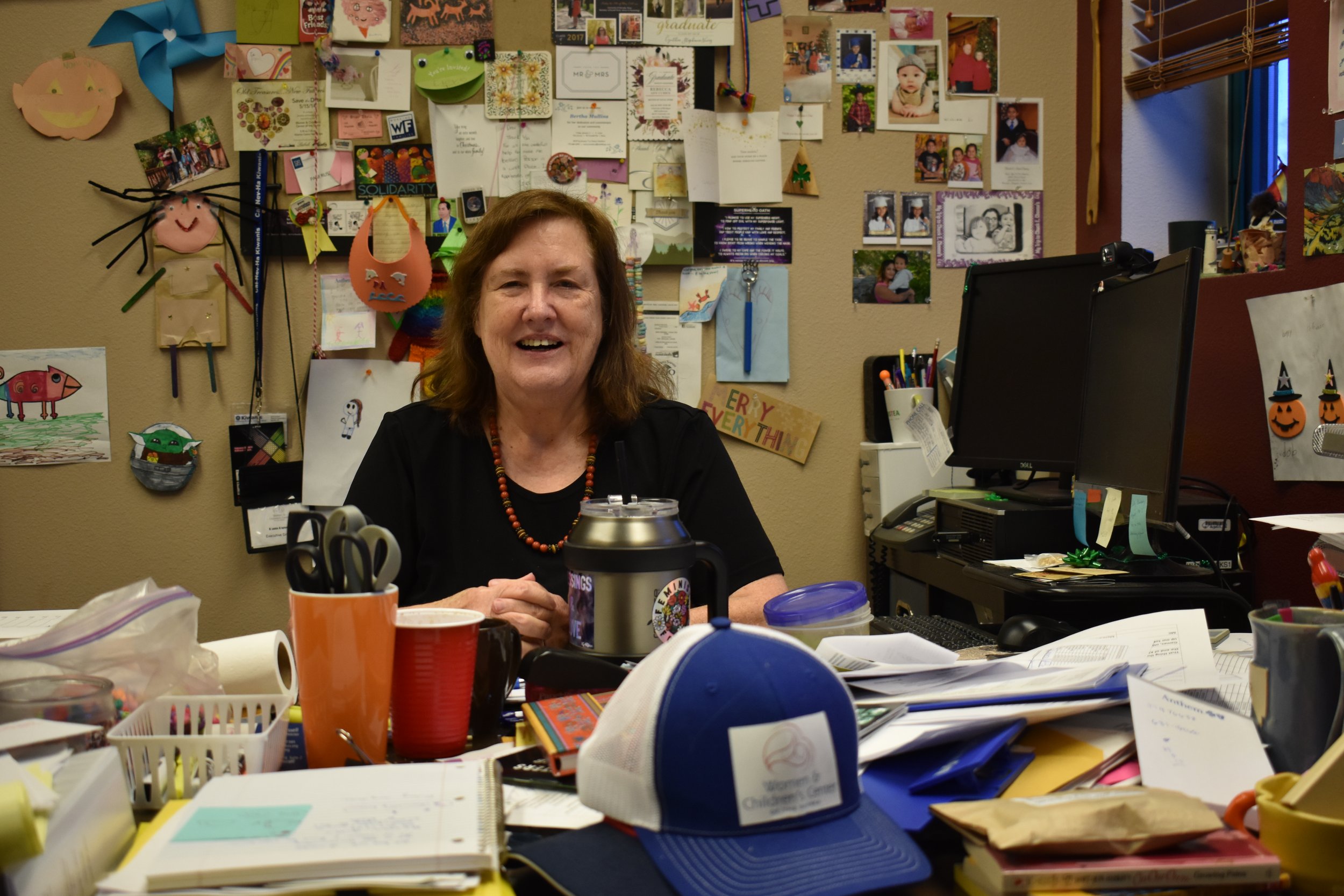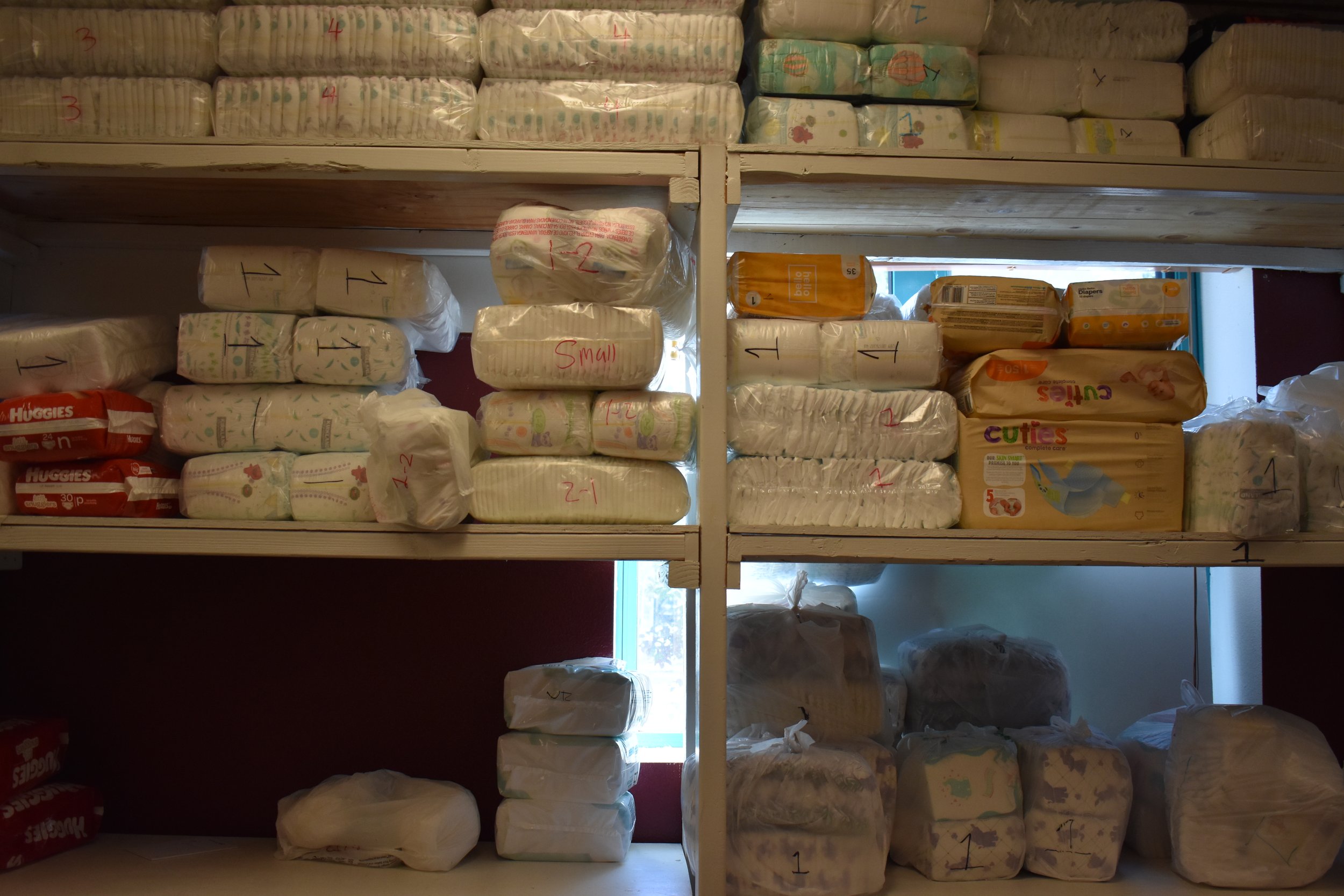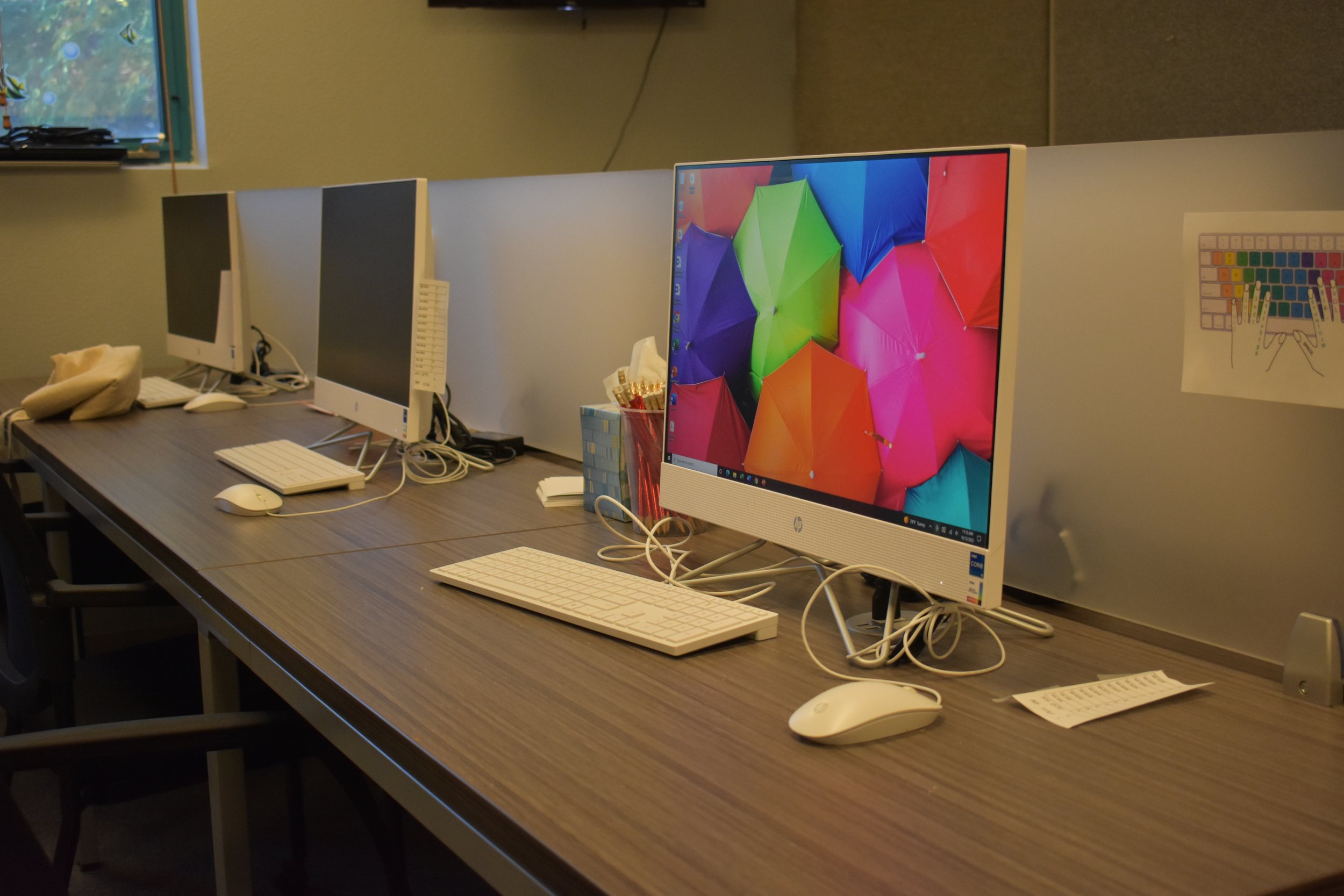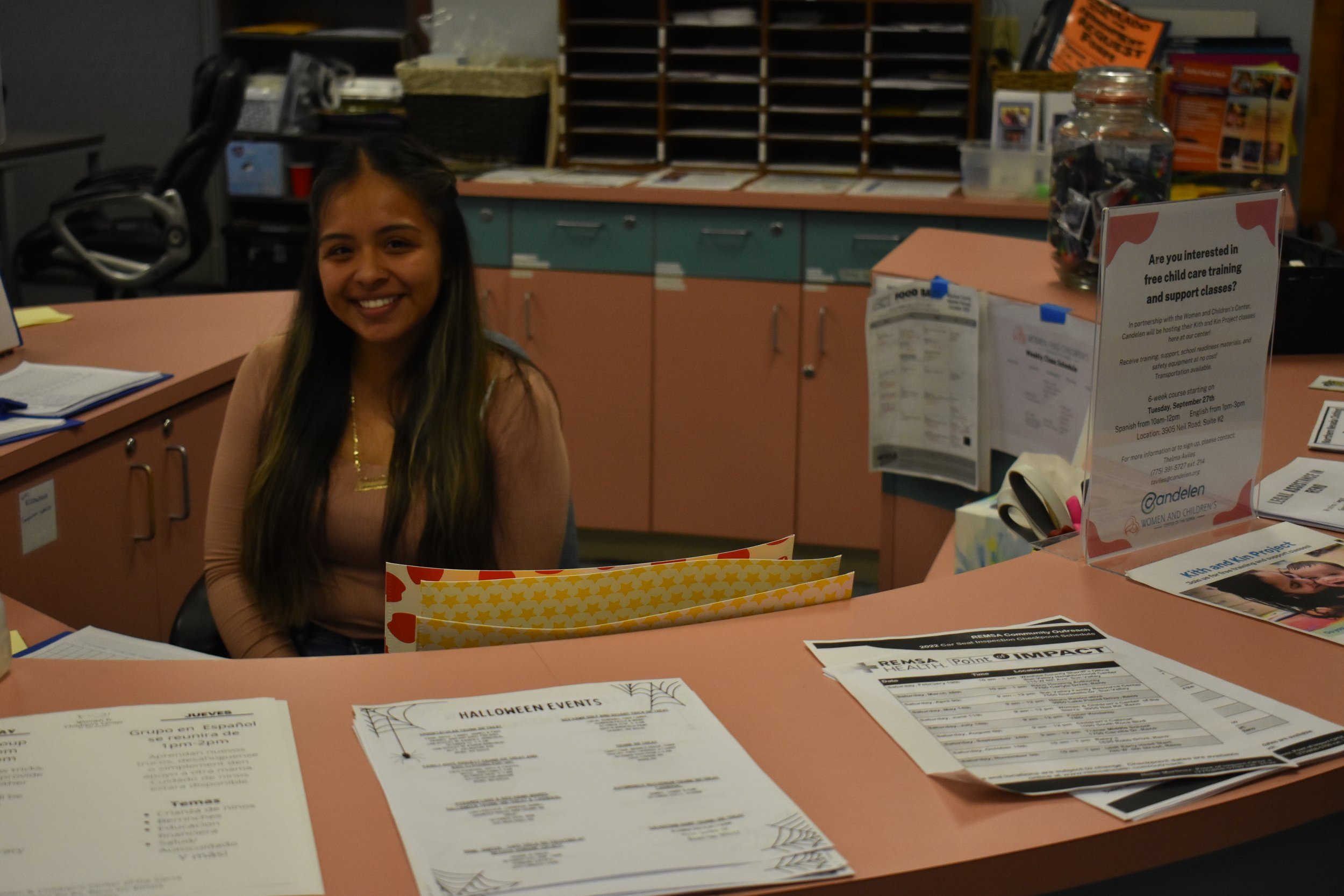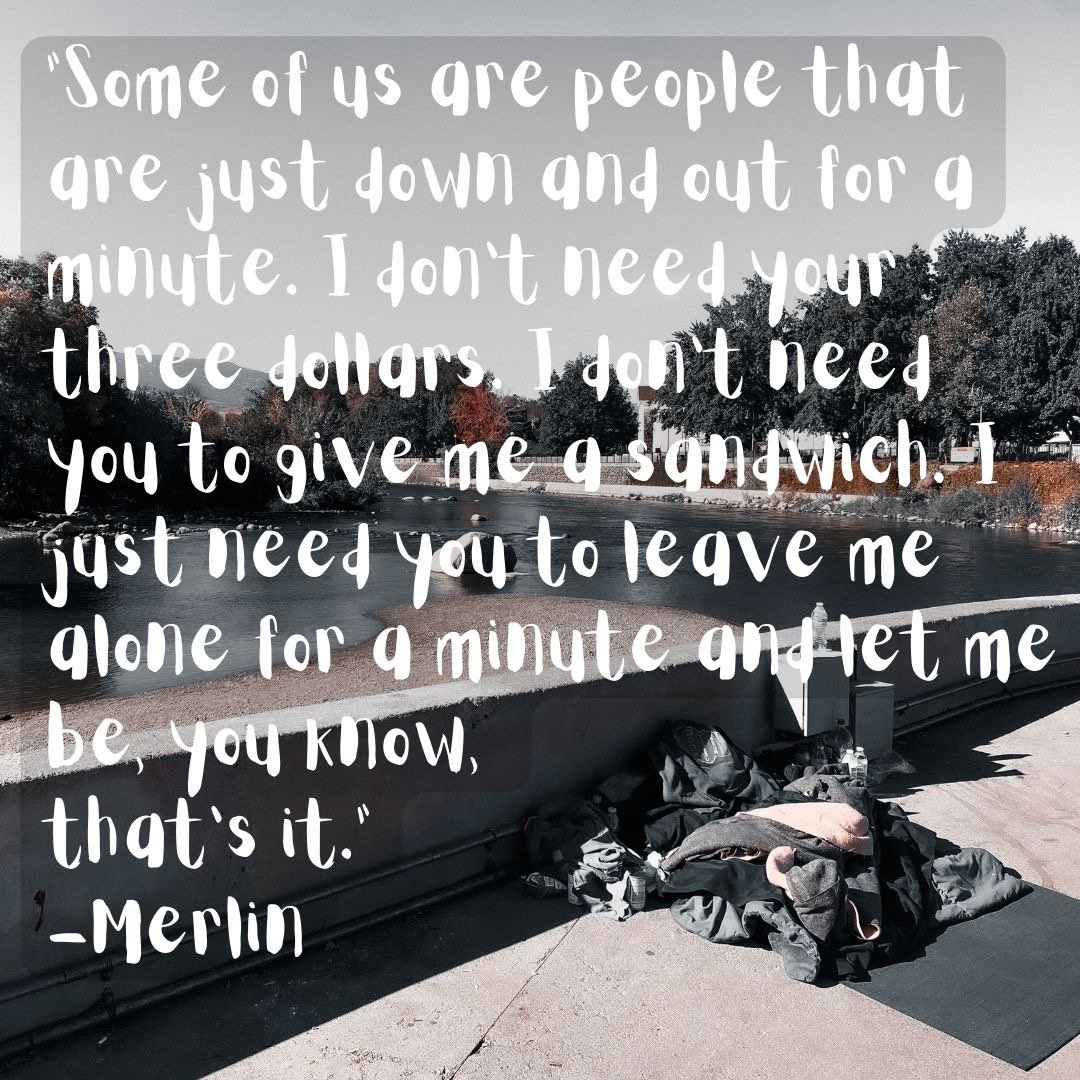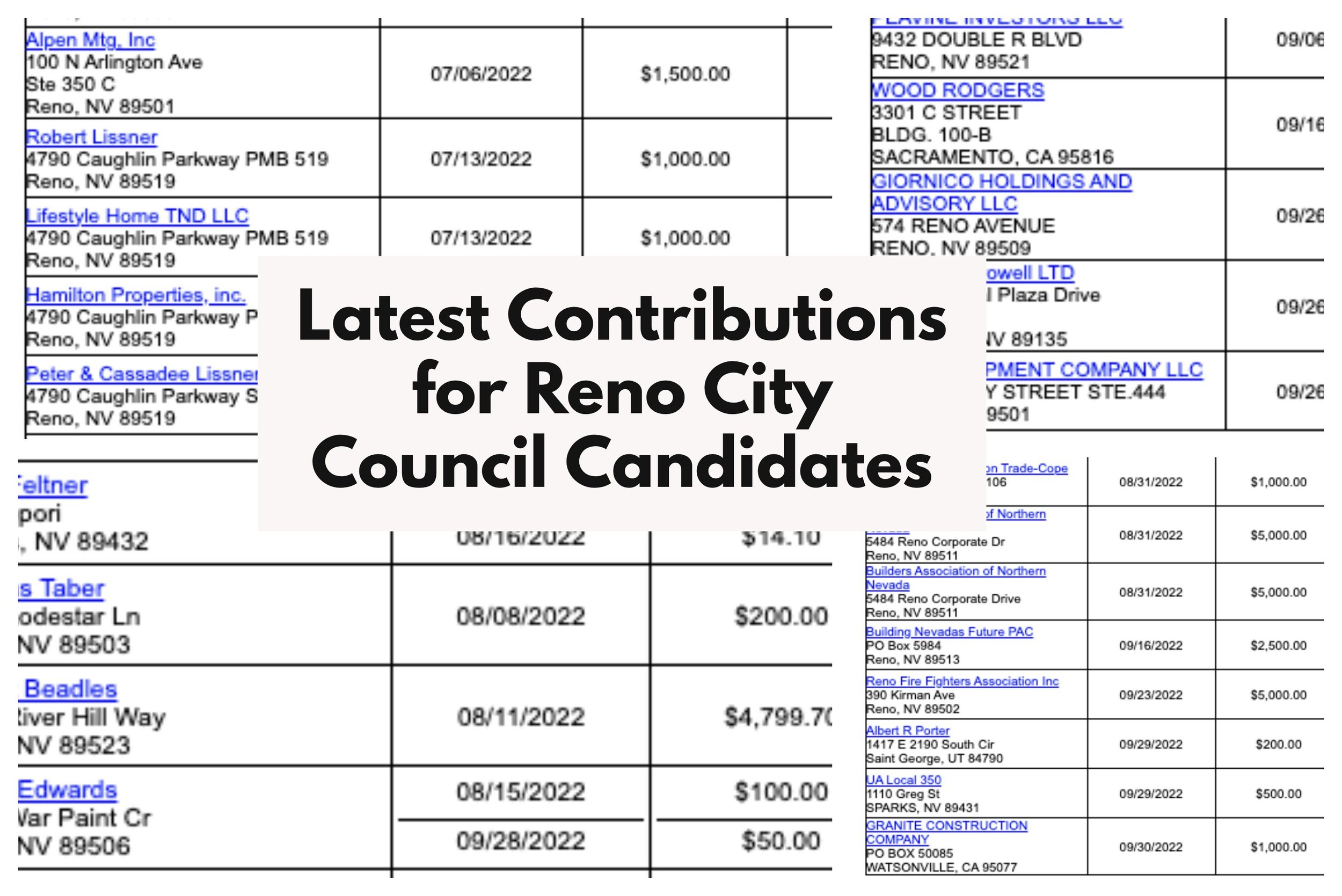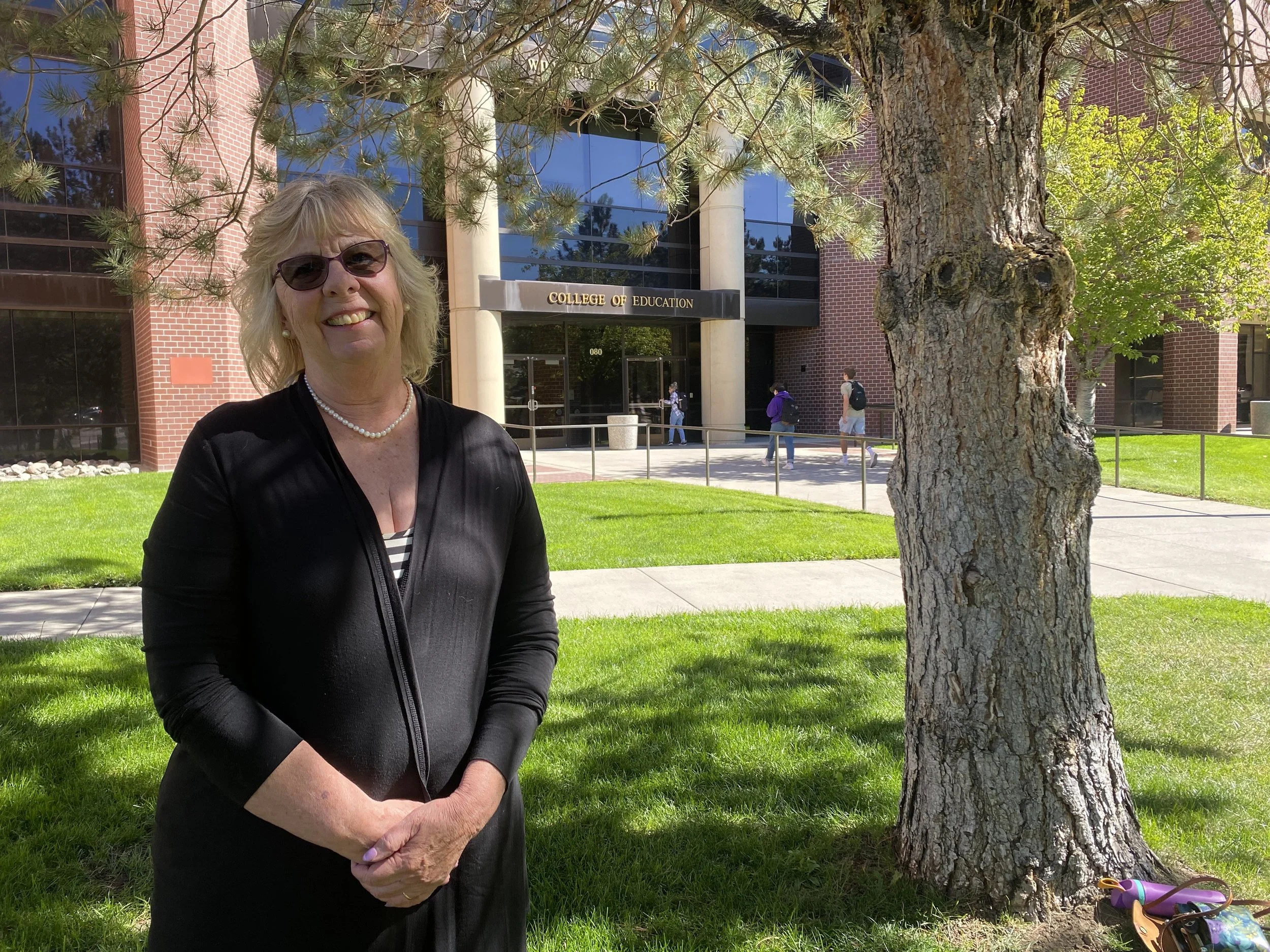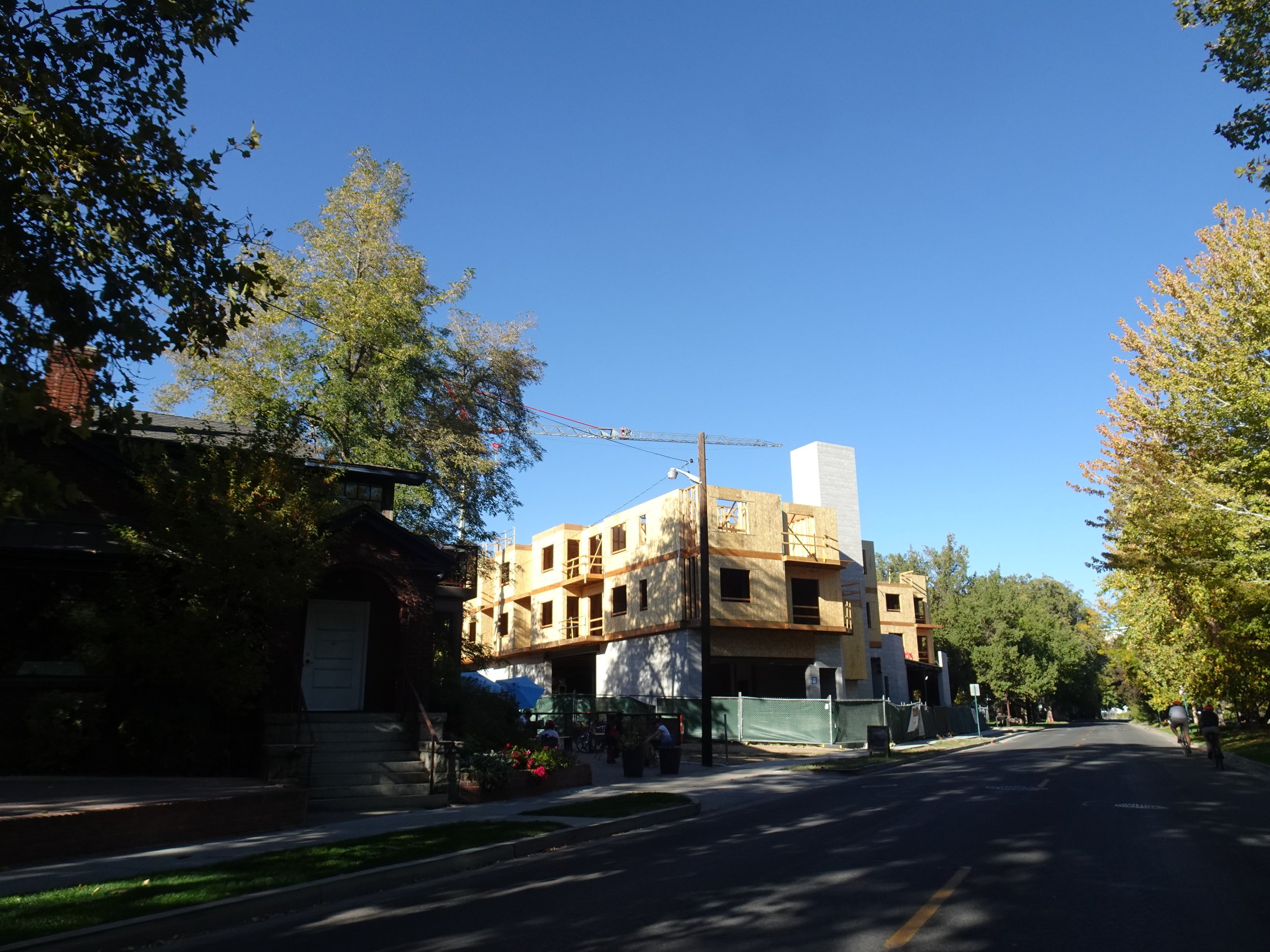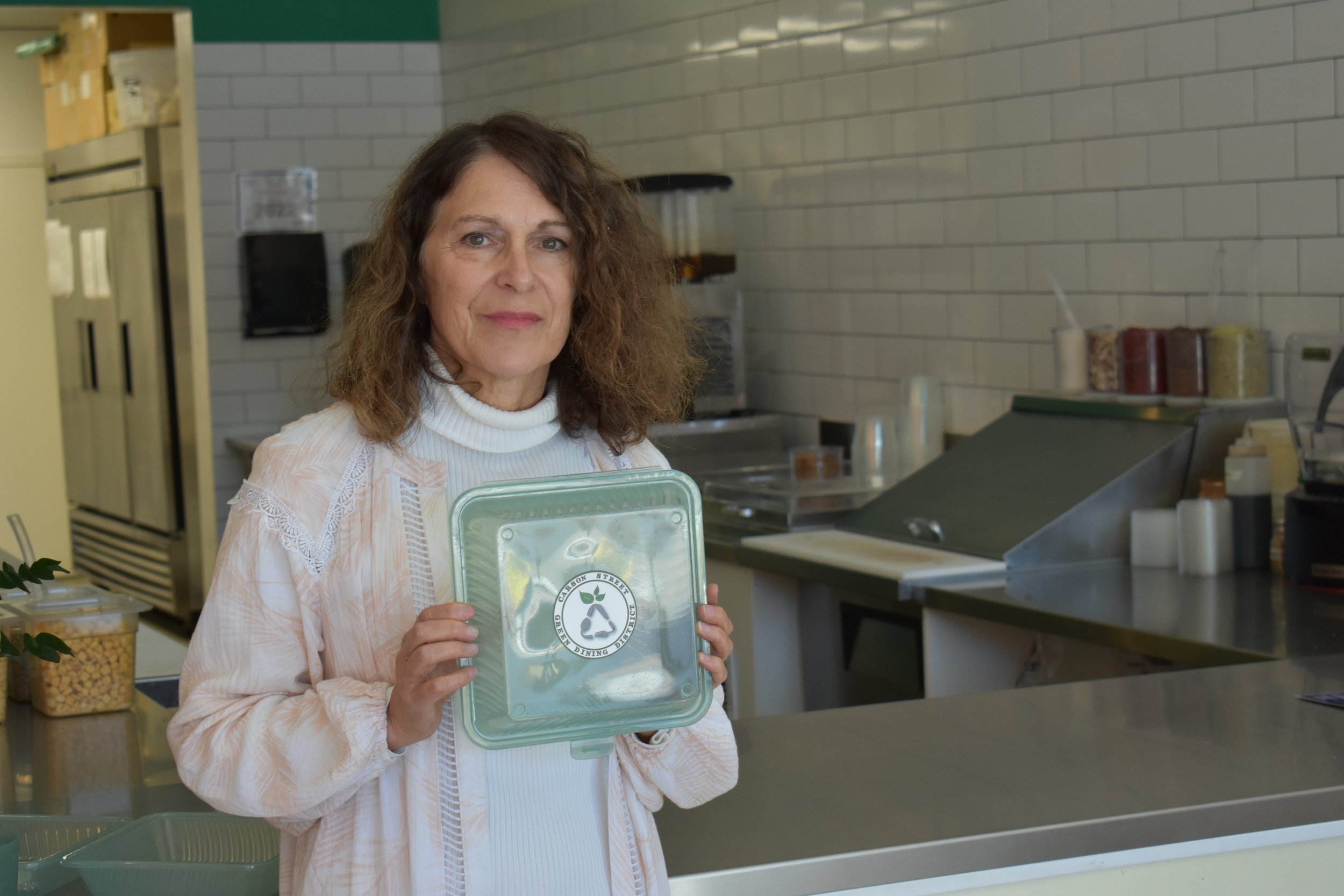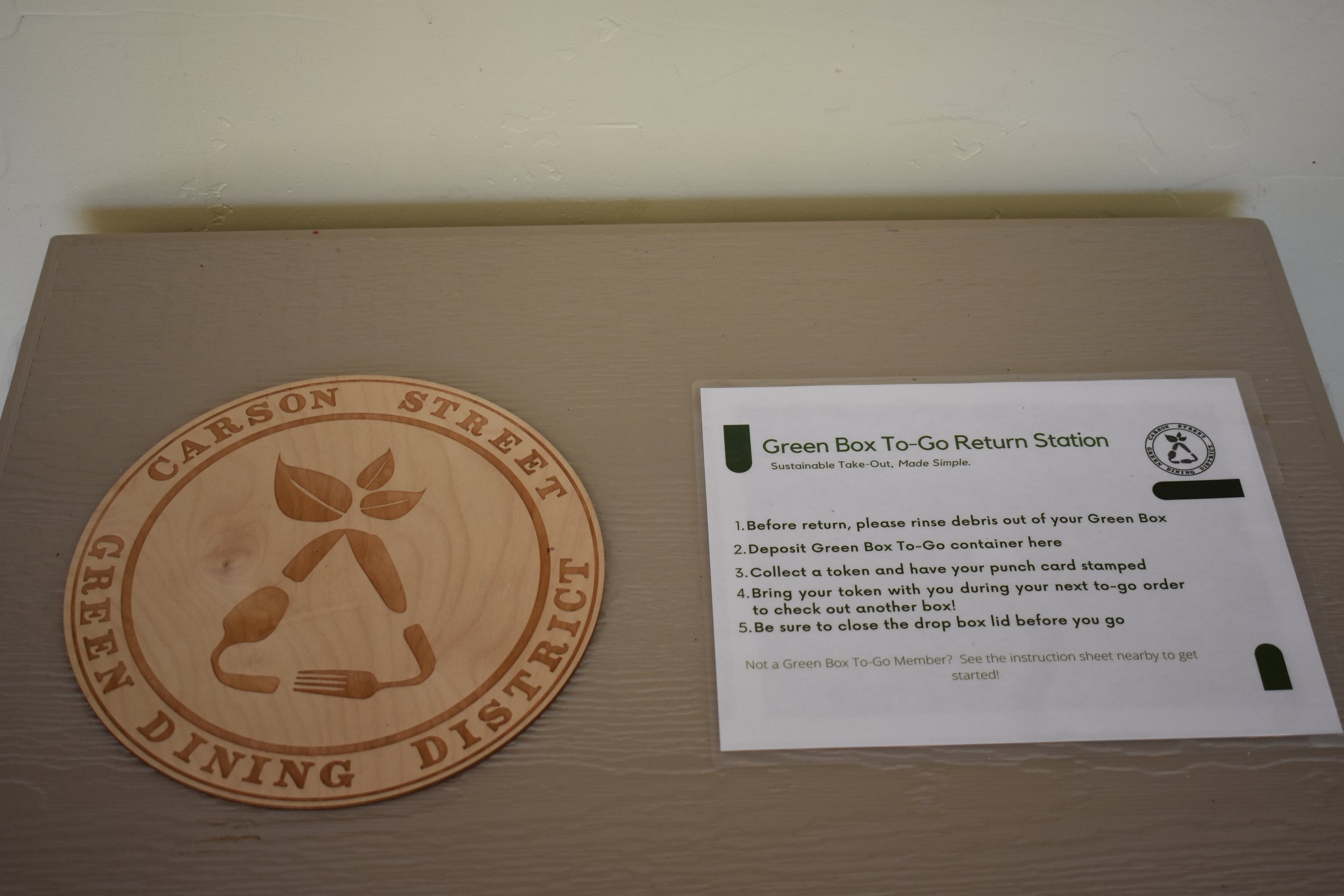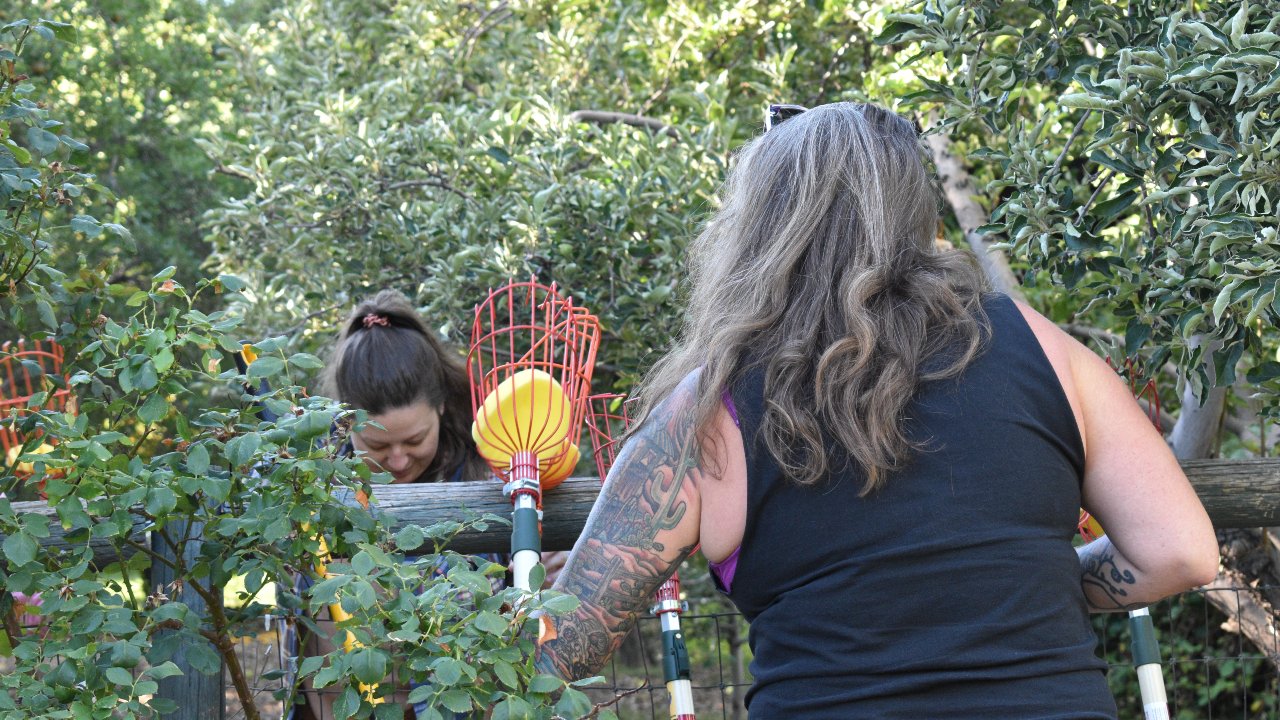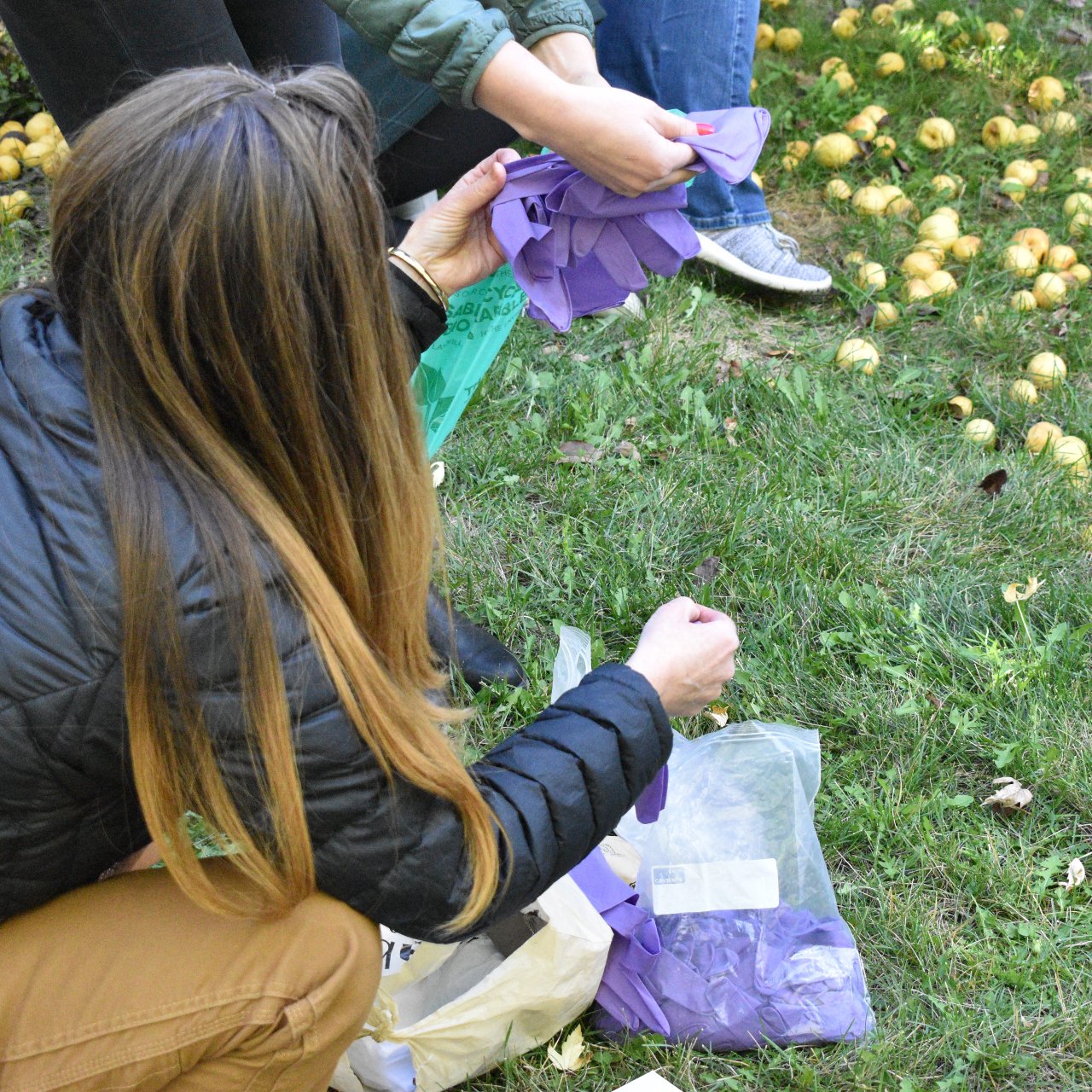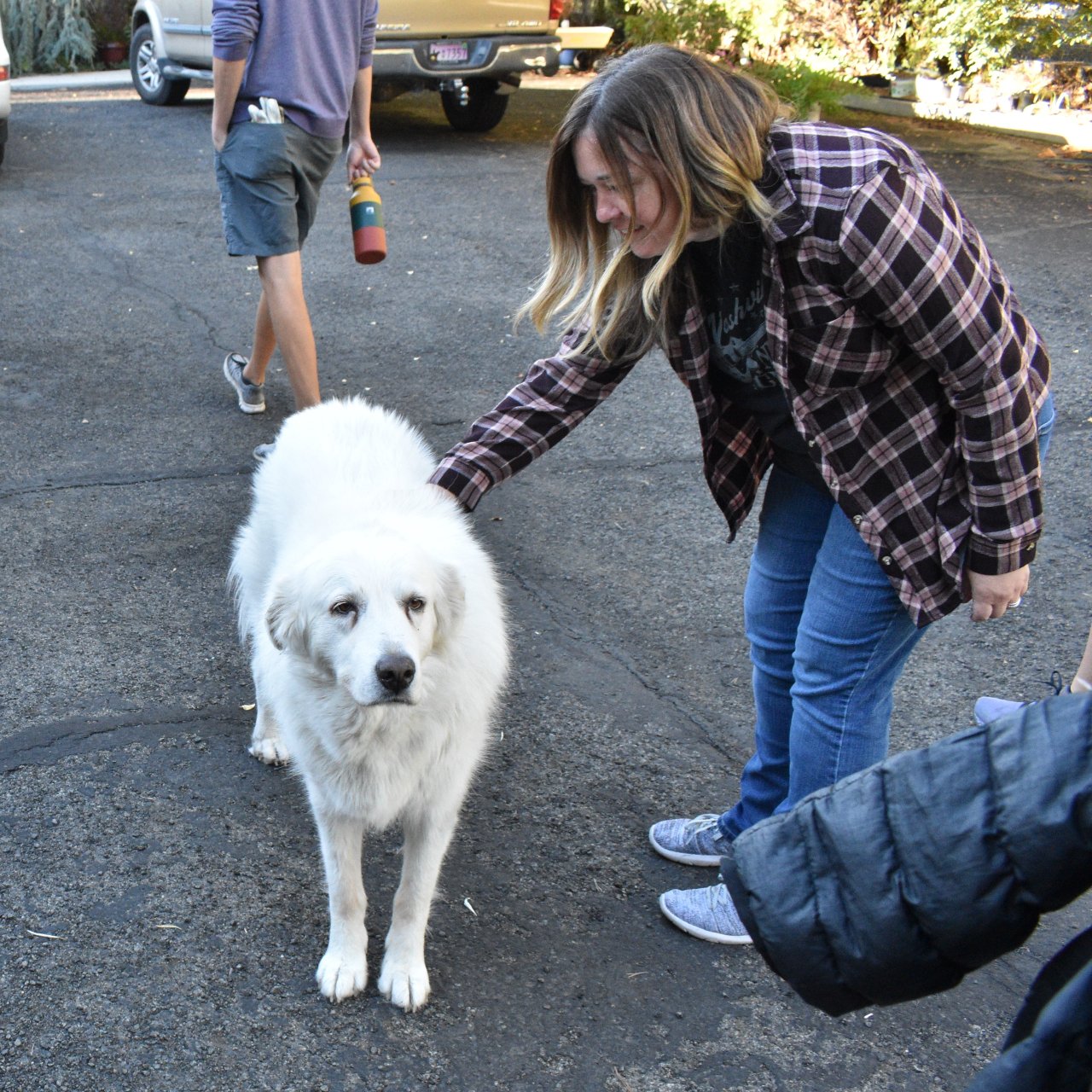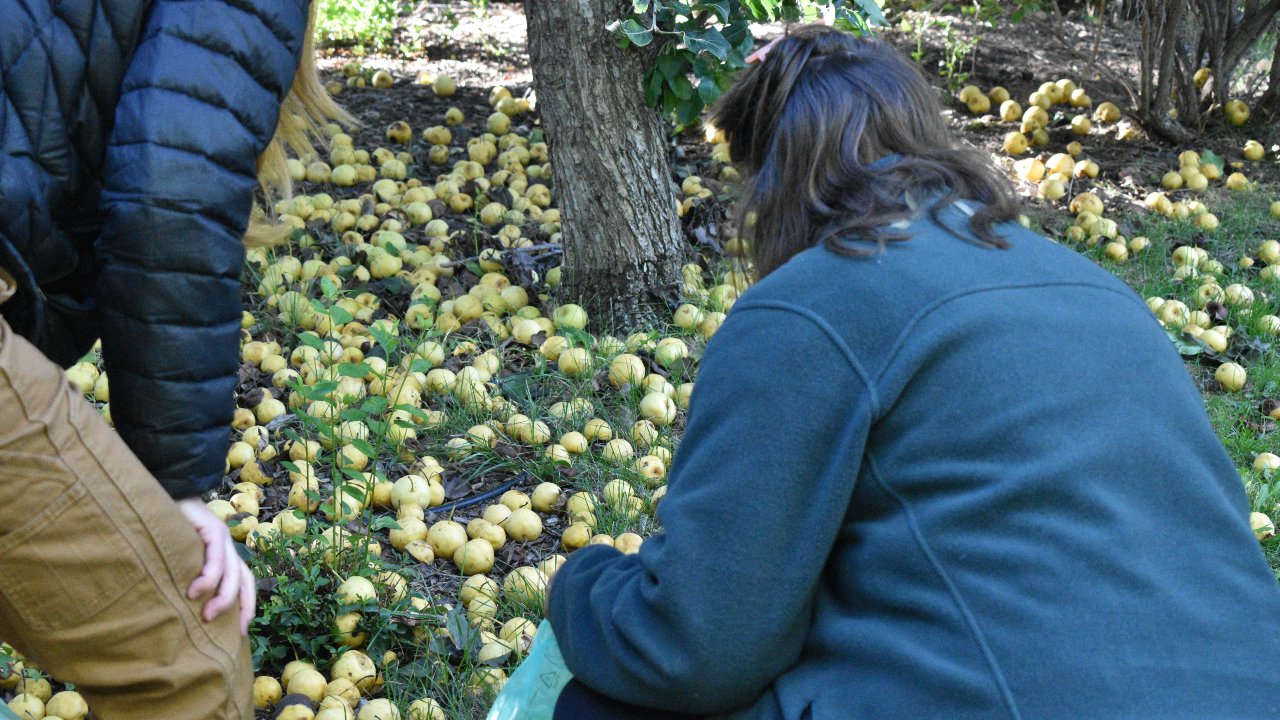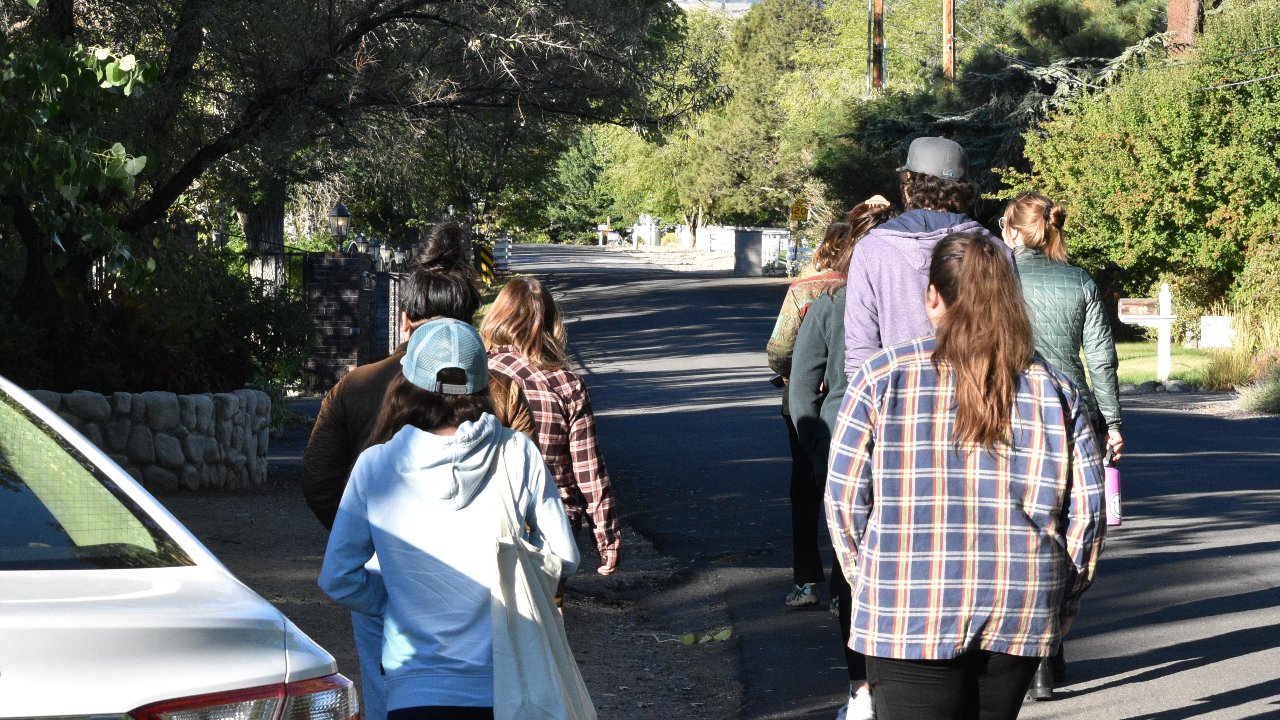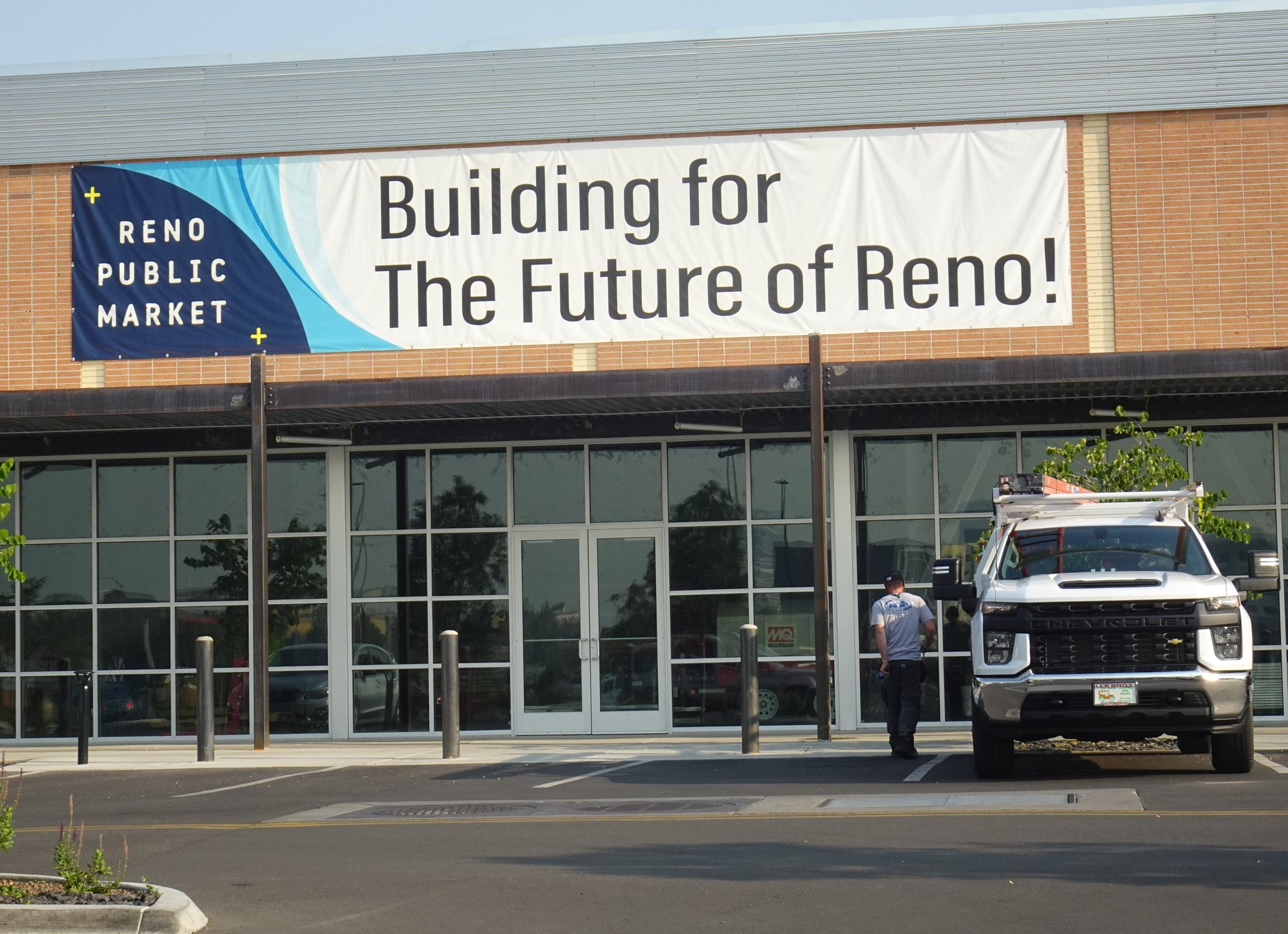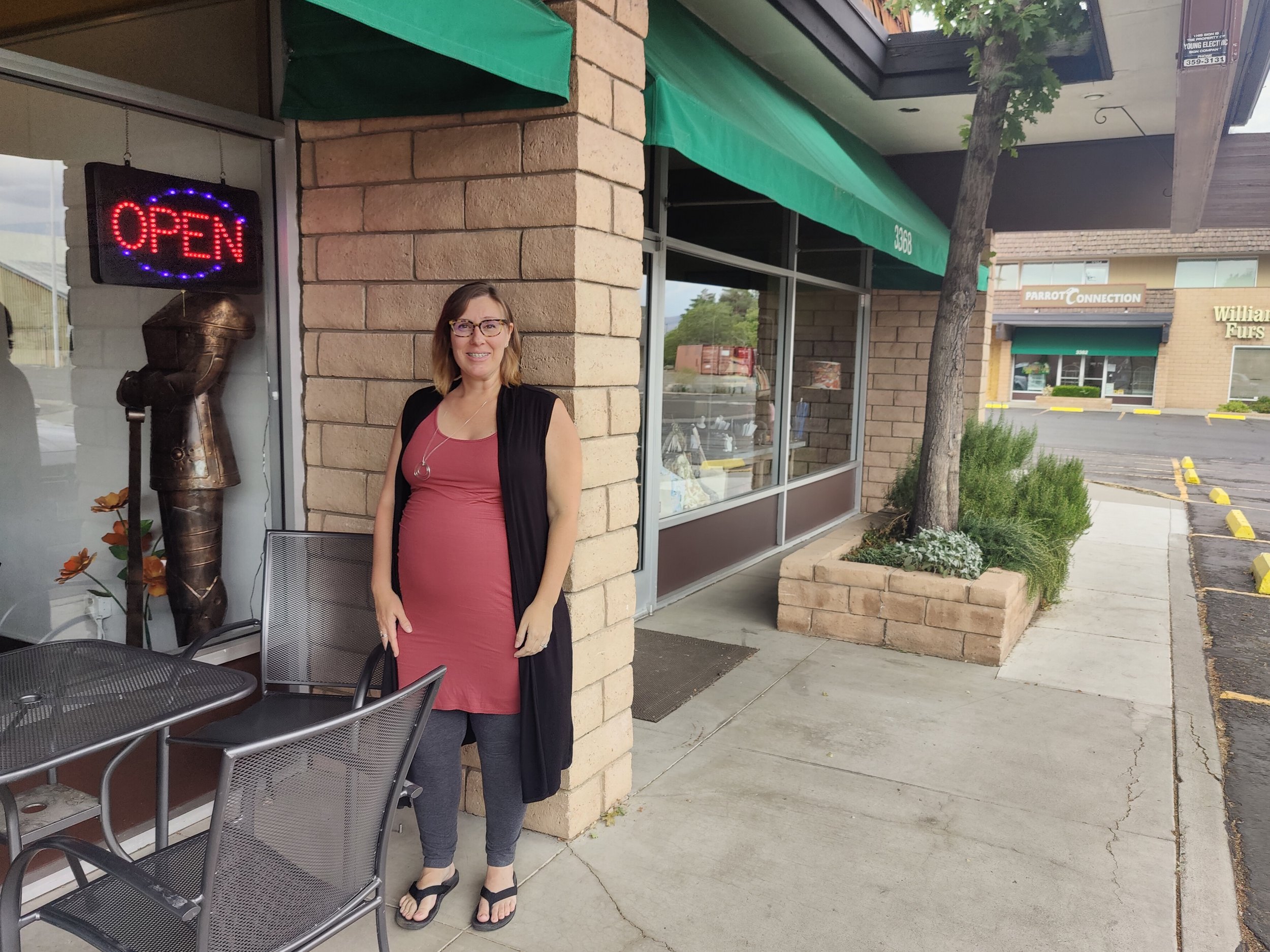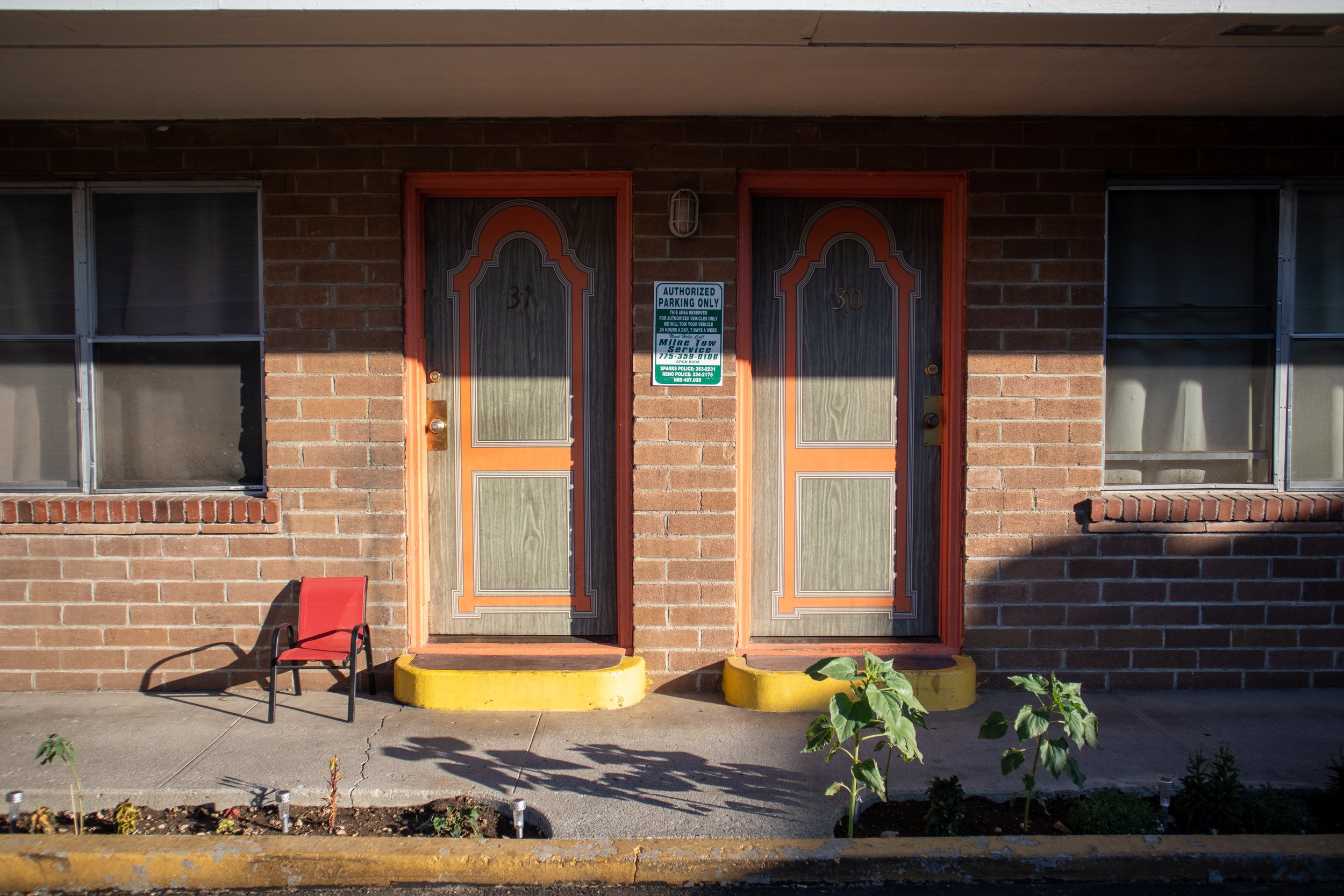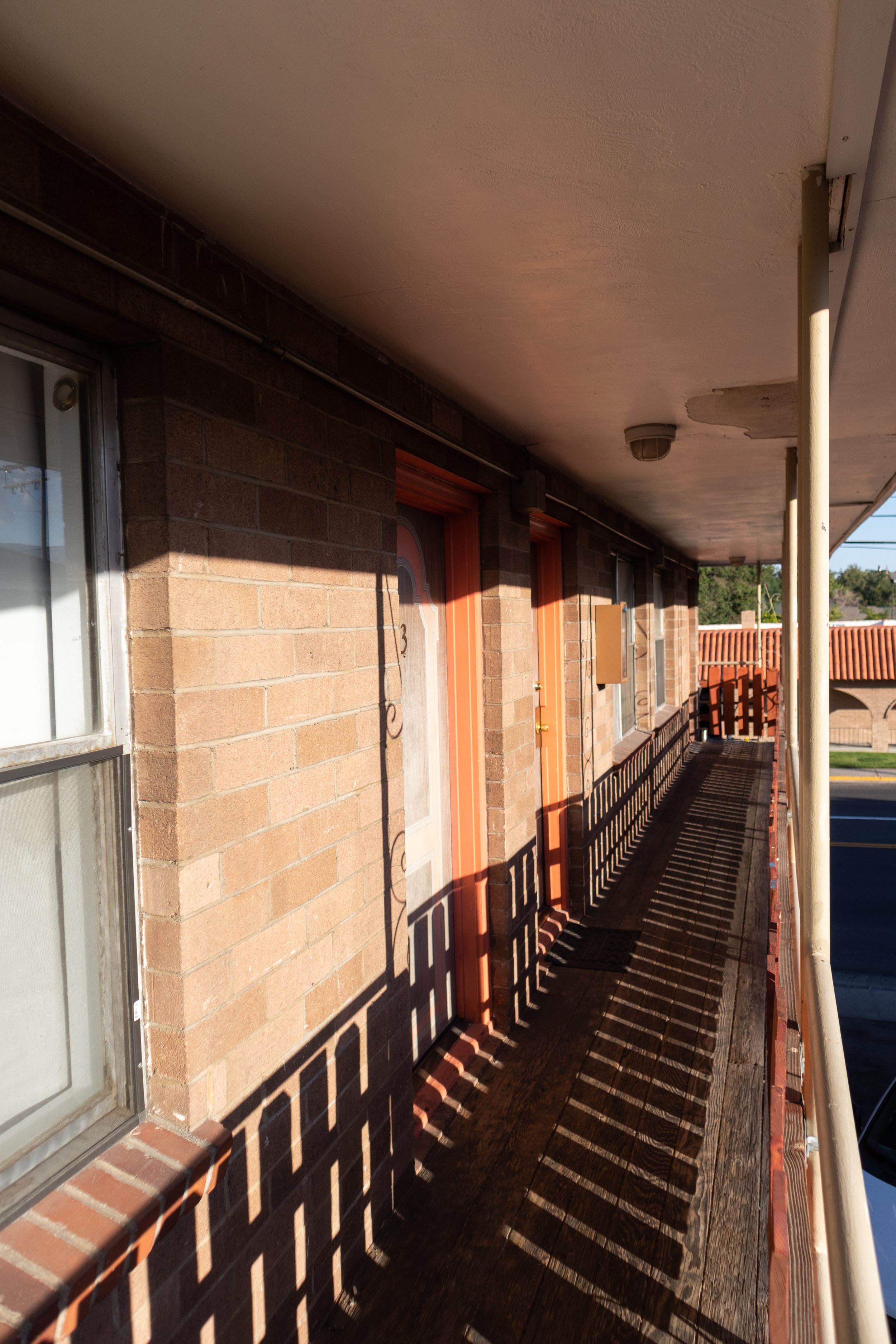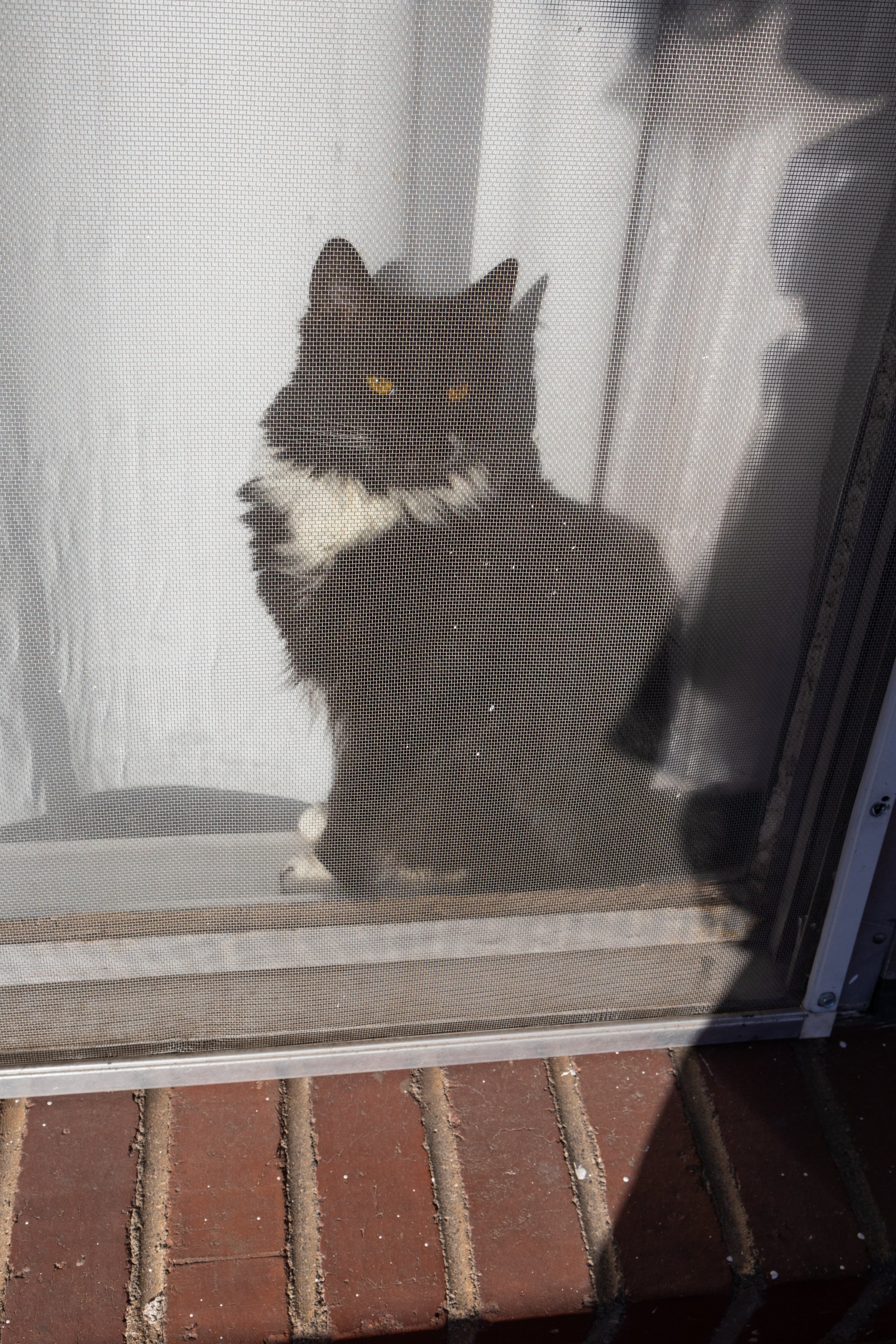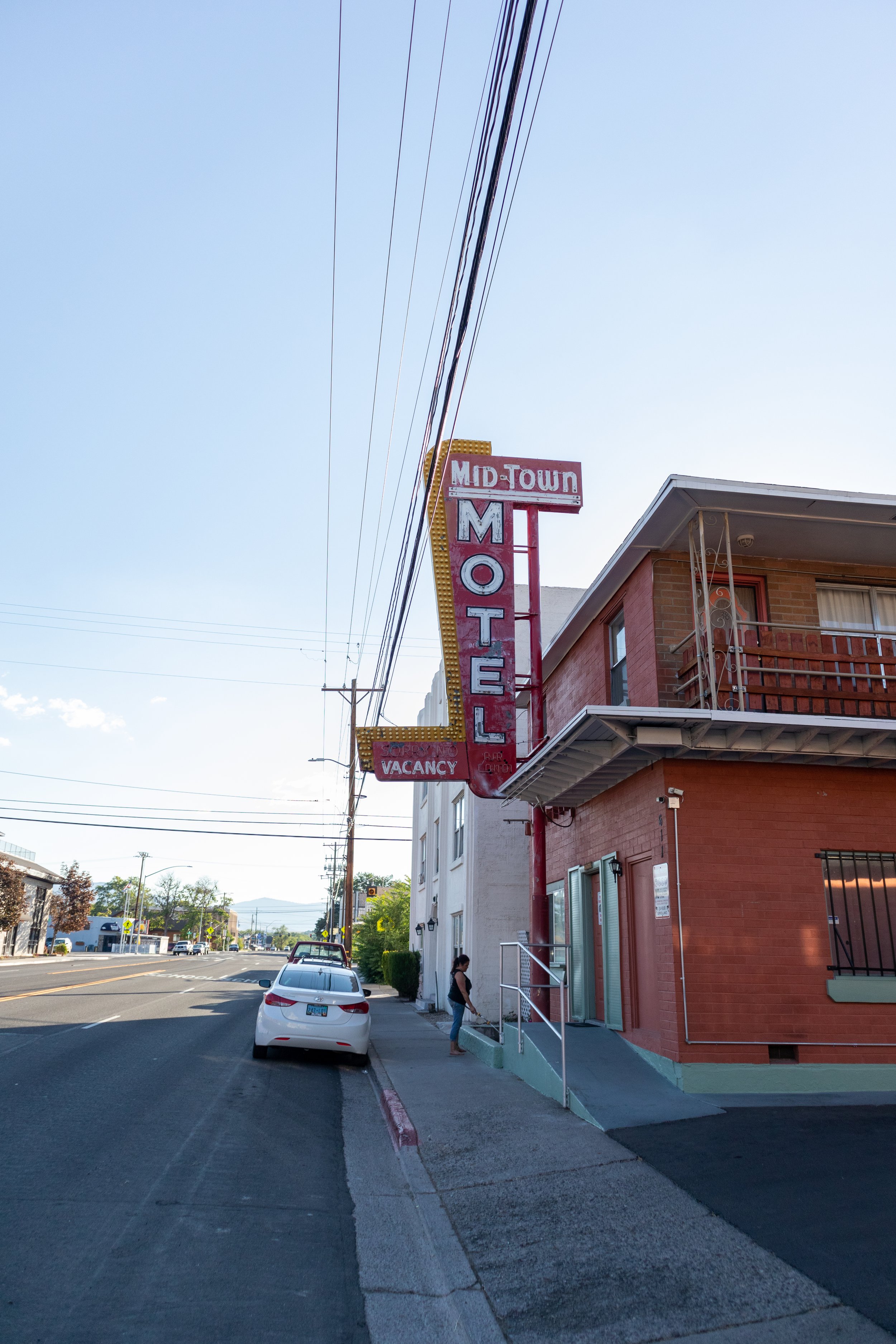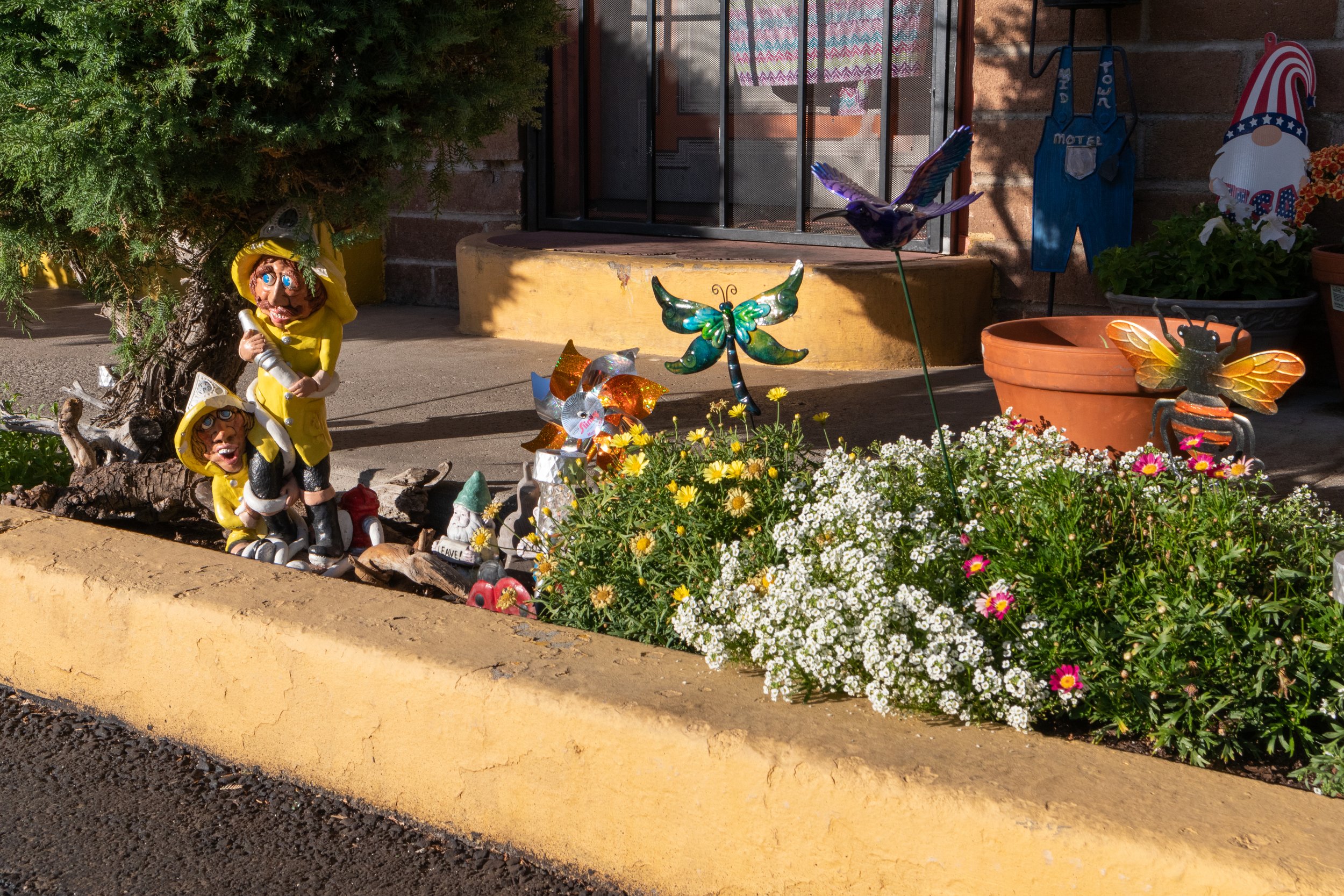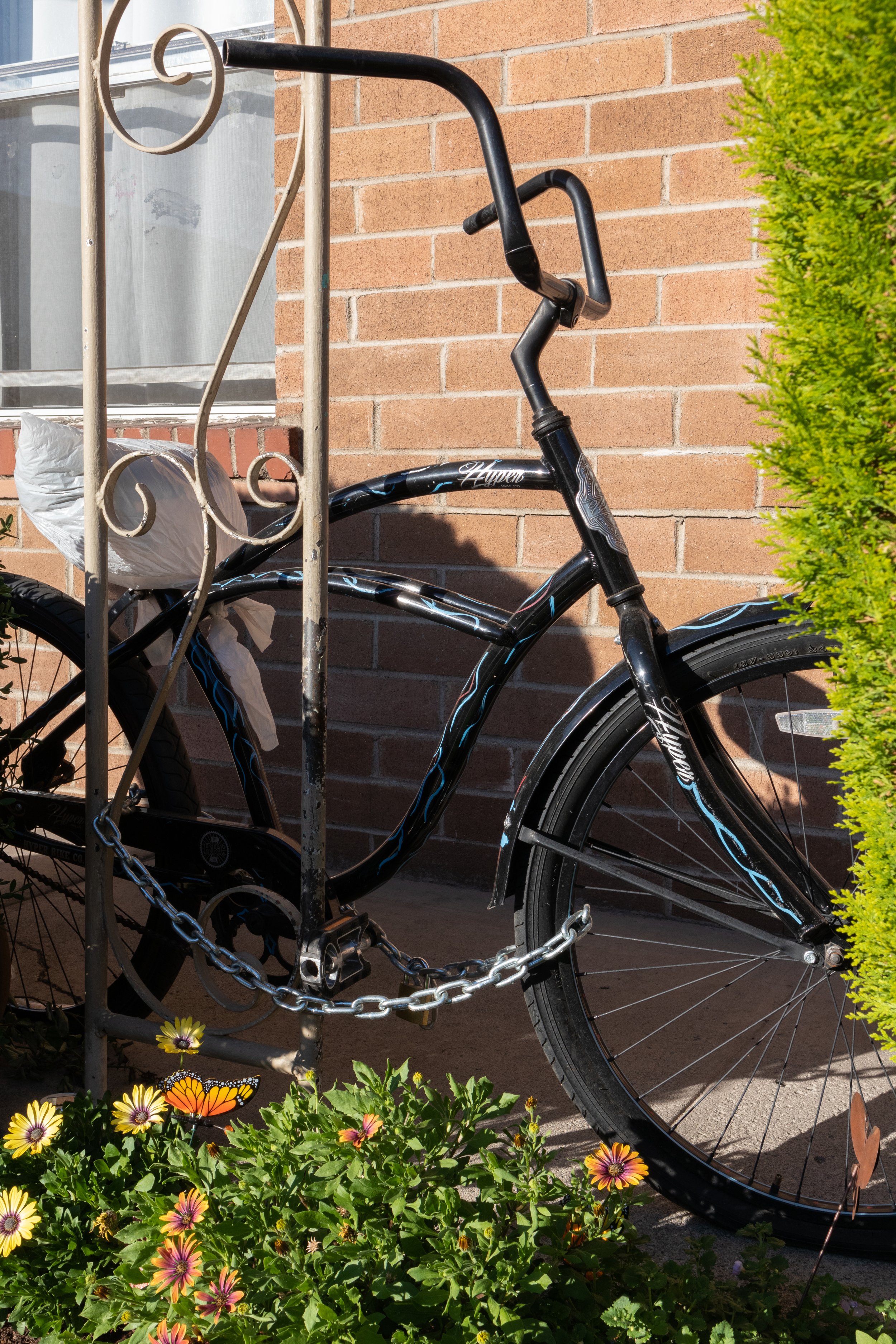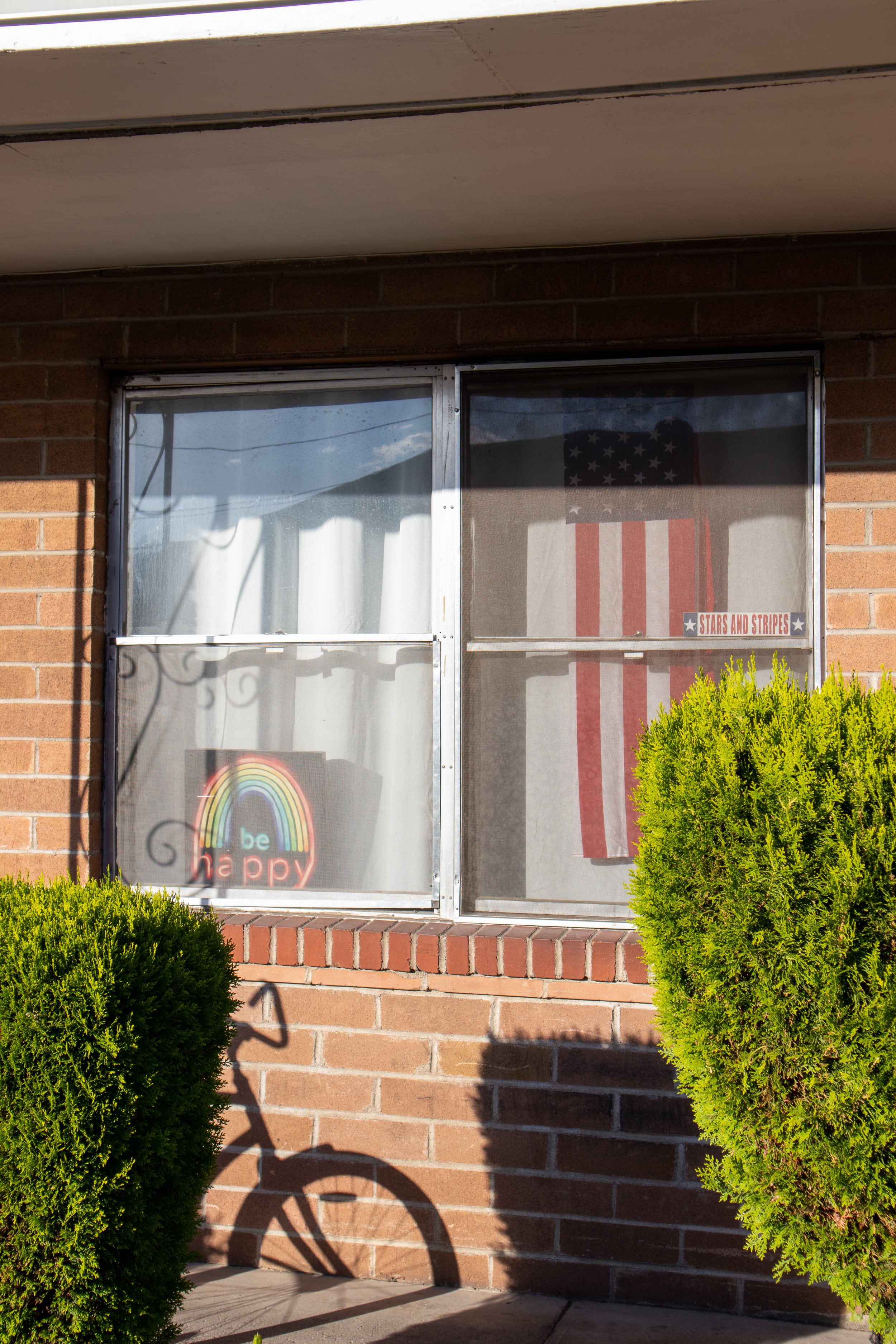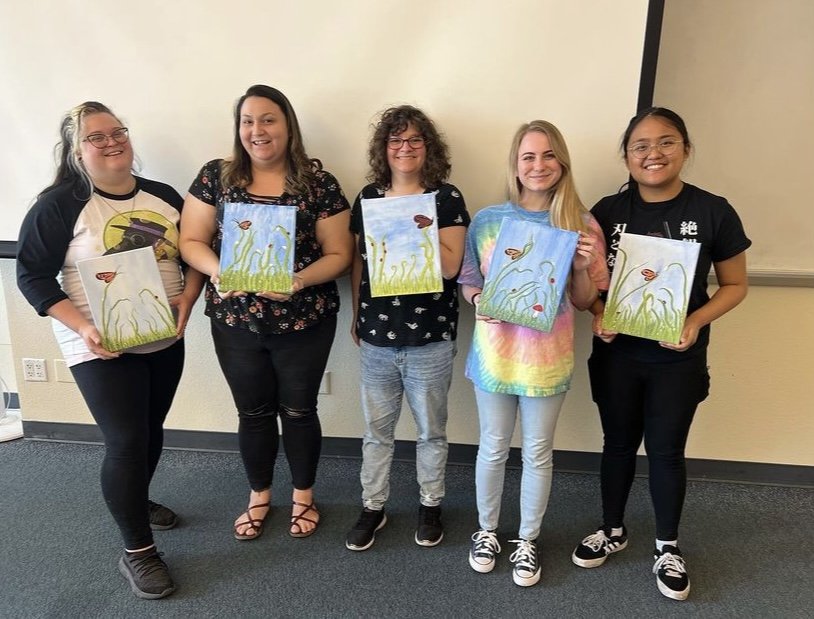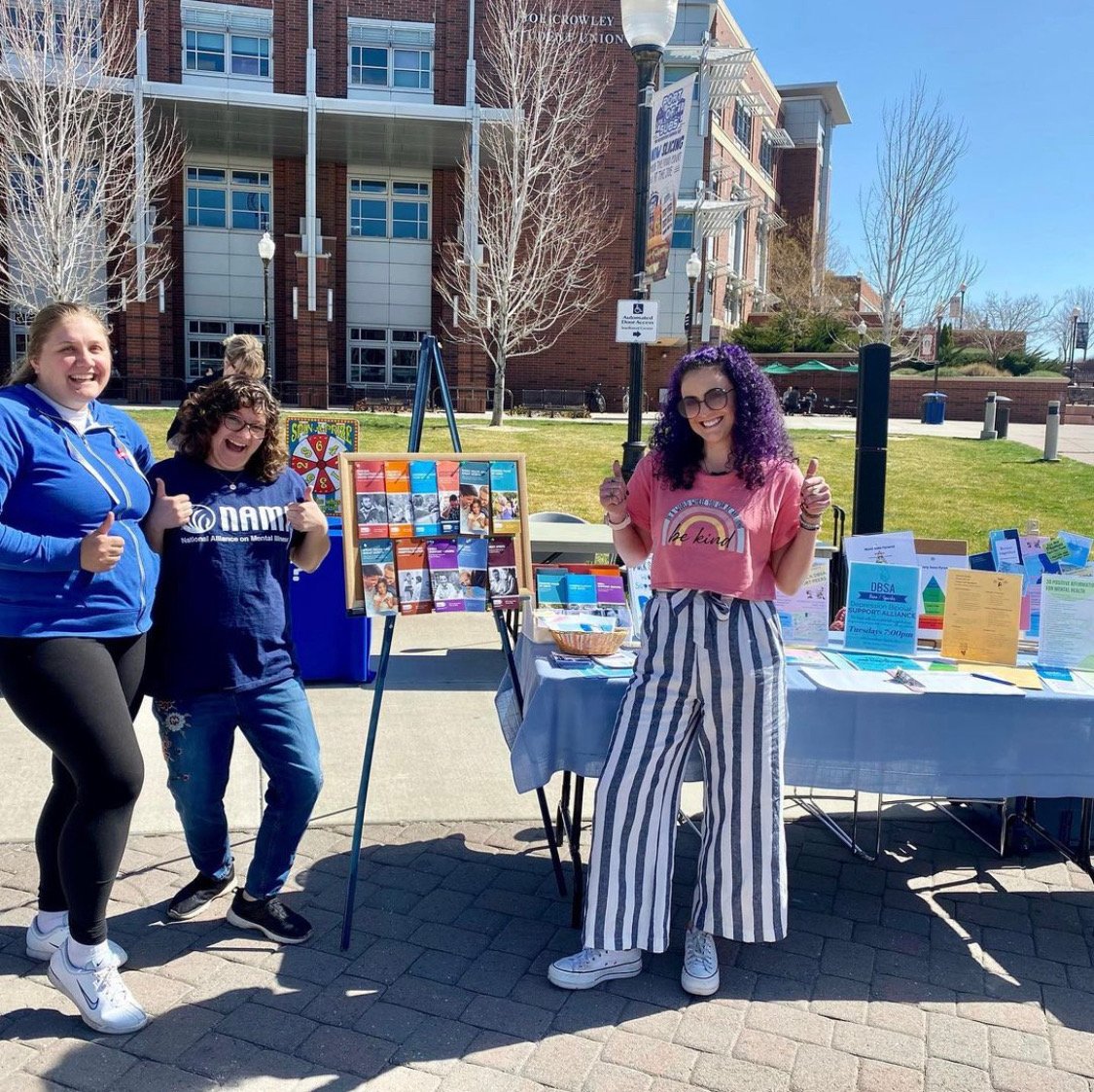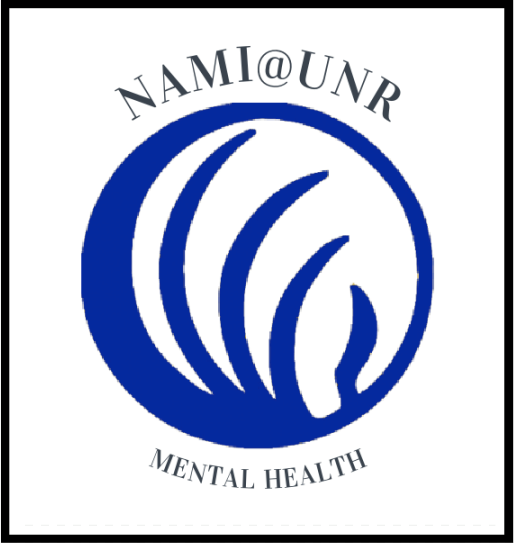“I am a true believer in bringing services to the people, and not making them jump through hurdles to come to us when they are in need,” says Pam Russell, Director of the Women and Children’s Center of the Sierra. “Sometimes women will come into our center, and need help right there and then. On the spot. Our job is to react accordingly.”
Russell, along with five other employees and volunteers, work tirelessly to do just that: help the community. And they’re making a huge impact, serving roughly 350-400 individuals in the Reno city-wide area every month.
WACCS is a 501(c)(3) non-profit organization that was founded in 2008, largely in response to the Great Recession. “During that time, poor women – documented or undocumented – were one of the groups that got hit hardest during this time,” Russell explains. The Women and Children’s Center of the Sierra opened up their doors on Neil Road in order to offer help to struggling women in the community.
While the economy in Nevada is booming in certain pockets, not everybody is benefiting equally, and there are fears of a new recession around the corner. Home foreclosures continue to plague Reno communities. Families continue to wait in line at food pantries, and more people than ever are signing up for food stamps and other benefits. According to the U.S. Bureau of Labor statistics, Nevada’s unemployment rate in August was 4.4%, compared to the national average of 3.5%. These numbers are much higher among single moms, as many haven’t returned to a job since they were forced to quit during the pandemic.
The Women and Children’s Center of the Sierra serves women who are at or below 185% of the poverty level, equivalent to about $37,000 for a family of three, or a woman with two children. For women living below the poverty line, each day presents new struggles, whether that be meeting the daily needs of themselves or their children, ensuring they have adequate food, diapers, transportation, or even personal safety.
The Diaper Bank (pictured below) is WACCS’ most utilized service. They provide free diapers at distributions to women who meet their income guidelines. Women can also enroll in a program to receive diapers on a weekly basis. All the women must do is attend a distribution and complete a short intake form with a staff member.
“We distribute roughly 9,000 to 11,000 diapers every month to women and children,” Russell explains. “We also distribute potty training packets to new moms. During the first part of the COVID-19 pandemic, our packets potty-trained 13 children.” Baby formula is also available for mothers and children, an invaluable resource given the recent baby formula crisis.
“Some women can’t afford baby formula to begin with, let alone have the time to spend searching for it everywhere around town,” Russell said.
When WACCS first opened, they offered a Gateway to Success Program to women who were looking to find and stay employed in jobs.
The non-profit offered on-the-job training workshops at a coffee shop and boutique, and also offered GED test prep for women looking to further their education. Unfortunately, this program is no longer offered due to lack of funding.
Despite the lack of funds, this hasn’t stopped WACCS from helping women thrive and take steps onto new career paths. The center houses a hi-tech computer lab, donated by the Katie Grace Foundation, which is open for women to use the computers, printers, and other devices.
Workshops and classes are offered which teach typing skills, as well as help participants build and improve their resumes, apply for jobs online, and even provide insight in ‘dressing to impress’ for job interviews.
There are also classrooms with volunteers and professionals coming to teach a variety of topics, the most popular being ‘English as a second language.’ The classes are currently on halt, but will resume on January 1st.
While the Women and Children’s Center of the Sierra, by name, is geared towards helping women and children, they also serve an overwhelming amount of the unhoused population in Reno.
“The park right next to the center is home to a lot of people living on the streets,” Russell said. “We help anyone who walks through our door to the best of our abilities.”
While conducting the interview, a man came into the center. He asked for a towel and some soap for an unhoused individual living in the park who wanted to take a shower and clean himself up to go job hunting.
WACCS gave him everything the man would need for a shower, including shampoo and other hygiene products, grabbing items for him from their storage room in the back which are donated by the Assistance League. “
We have a man who is currently unhoused and lives in the park next door. He sometimes comes in for food, but shows up on a weekly basis and makes a $5 donation. We call him the Mayor of Neil Road,” said Russell.
“The by-laws say that we are an organization geared towards women and children, which we are. However, we also receive some amount of federal funding for domestic violence victims. We help men who may be in a domestic violence relationship, provide single dads with diapers, and open up our food pantry to them.” – Pam
WACCS’ food pantry serves both women and their families as well as the unhoused community on a daily basis.
“We don’t pre-bag items,” Russell explains. “The food products are out and available for anyone to take, we just ask that they sign their name on the sheet provided so we can track how many people are coming in.”
The concept of allowing individuals to come and bag their own food with no questions asked, helps remove the stigma or fear of judgment surrounding the use of food pantries.
They also have a ‘Karma Box’ – a colorfully painted wooden food pantry – located outside in the parking lot. It remains stocked, and is open 24/7 for people who need food when the center is closed for the day. The Karma Box was sponsored by Broadbent – a Reno-based environmental consultancy firm.
Other local organizations have stepped in to assist WACCS in the past, including Reno Food Systems. “When they still had an operating food truck, they’d come to the center, park out front, and hand out fresh and nutritious foods to the community,” Russell said.
During the COVID-19 pandemic, WACCS was one of the only centers and food pantries to remain open. “Not many organizations were able to do this,” Russell says. “We made it a priority since that was a period of time when people needed help the most. We had to close for two weeks at one point though. For myself, and the other ladies working here, it was the worst time ever. We hated being away from the center, but the women in the community adapted and helped one another during the time we were closed.”
The winter months are fast approaching which marks a critical and very busy time for the Women & Children’s Center.
“The holiday period can be an especially hard time for the mothers we serve,” Russell said. Kids will go to school after Christmas and compare presents. This leads to children saying things like ‘Santa doesn’t love me as much as the other children’ because they get more or better toys, which is heartbreaking for a mother to hear.”
To combat this, WACCS runs a holiday program to distribute gifts to families, supported by donations from community members and local businesses. “We have one individual that runs gift drives and fundraisers, and donates a big portion of gifts to us every year off his own back,” Russell said.
Center regulars, single mothers, domestic violence survivors, class attendees, and those enrolled in the Diaper Bank program get first priority when it comes to receiving gifts.
WACCS creates a wish list of women and children, so individuals who want to donate can sponsor a family and shop according to their ages or what they need the most. Russell explains how “just yesterday, we had a woman come in wanting to adopt a family. She specifically wanted a young mom with two children.” Some local businesses sponsor multiple families. The Unitarian Universalist Fellowship of Northern Nevada sponsors around six to seven families every holiday season.
“Can we guarantee help? No. But we do our best to serve them as best as we can. And if we don’t have the resources or services they need, we direct them to a different local organization that can,” Russell concludes.
